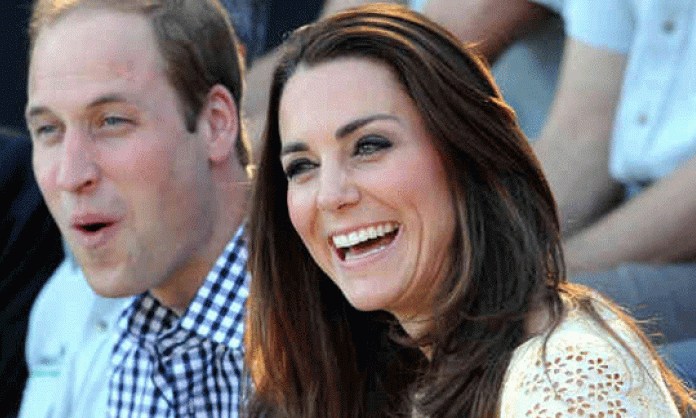Republicans have been all in a flap the last few weeks, ever since a poll came out showing a resurgence in support for the monarchy among Australians of all ages.
Only 42 percent favour a republic, according to the Nielsen poll, down from 58 percent in 1998. Fifty-one percent oppose any change.
Among young people the situation is even worse. Only 28 percent support a republic whereas 60 percent oppose it.
I’m as appalled as anyone by the sweeping insult to rationality and the enlightenment that is pro-monarchy sentiment in 21st century Australia. If I had my way we wouldn’t just be voting the monarchy out of existence, we’d be ripping the lot of ’em limb from limb in the city square, Game of Thrones- style.
But that said, I’ve no sympathy at all with the reaction of many republicans to the poll, which has generally been to whine about how young people are so easily sucked in by celebrity culture, and the excitement of the new hip young royals and their cute baby.
First of all, Prince William hip? Baby George cute? Has anyone actually looked at either of them without recoiling in horror at what several centuries of inbreeding can do ?
That aside, it’s not that hard to understand why republicanism is at a low ebb.
Once long ago the banner of republicanism was raised by rebellious democrats, heroes of popular power and enemies of the establishment. Today the “republican movement” is a plaything of a section of a political elite that is despised and discredited in the eyes of most of the population.
The 1999 referendum on the republic made it perfectly clear that for the likes of Malcolm Turnbull, breaking Australia’s link with the monarchy had nothing to do with reconfiguring the way the Australian political system worked, let alone allowing more genuine democratic control or implementing social reforms that shifted the balance of economic power in favour of ordinary people.
Instead, the republican movement envisaged a purely symbolic shift at the top, replacing a British head of state with an Australian one who, we were assured, would play exactly the same role.
Imagine if someone had approached the sans-culottes of Paris with such a proposal in 1787: “Storm the Bastille, cut off the King’s head, and then we’ll replace him with someone who will carry on as before.”
In such a circumstance, it would hardly be surprising if the republican enthusiasm of the Parisian crowd was somewhat muted. In Australia, republican fervour was so subdued in 1999 that many in the movement that wanted meaningful change actually campaigned against a “yes” vote.
Today, the campaign for a republic is the last thing on the minds of most people. In that context, it’s inevitable that some will go along with the fawning idiocy of the media’s royalty obsession.
I’d be happier if the figures supporting a monarchy weren’t so high, but I’d be more concerned if polls started coming out indicating people supported Joe Hockey’s planned cutbacks to health and education, or agreed with the Liberals that the retirement age should pretty much coincide with death.





